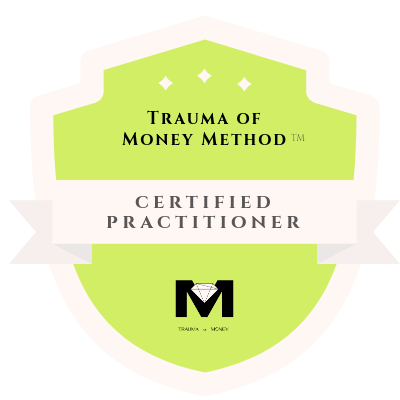Grow Your Vision
While Growing Yourself
Finding the right support can be a game changer for entrepreneurs and business owners who are juggling multiple responsibilities and seeking clarity in their personal and professional lives.
A therapist or coach can offer valuable guidance and strategies to help you navigate challenges, set goals, and achieve a balanced life.
Grow Your Vision
While Growing Yourself
You're a business owner/Entrepreneur and stuck with
managing and finding your own strategy for life.
A therapist can help

Join me for Green Couch Therapy
Talk about the Green on your Mind
Confidential space to grow as an individual &
business owner
Benefits of Business Owner Therapy
- Increase Confidence
- Separate Self Worth from Business Income
- Life-Work Balance
- Process past issues that affect your business performance

Research Shows that Business Owners have higher levels of Anxiety, Depression than traditional employees
7 Reasons Entrepreneurs Are Particularly Vulnerable to Mental Health Challenges by Forbes
The Importance of Mental Health for Small-Business Owners by American Express
The Psychological Price of Entrepreneurship by Inc
Concerns Rise About Business Owners’ Mental Health by Bloomberg
Are Entrepreneurs “Touched with Fire”? by Michael A. Freeman, M.D. et al., 2015
Let's Do Our Best to Avoid this by
- Agreeing to Talk Weekly
- Separate Self Worth from Business Income
- Focus on Trust vs. Risk
- Create a Personalized Mental Health Business Plan
- Separate Self Worth from Business Income


Benefits of Therapy and Coaching
Clarity and Focus: Therapy and coaching can help you gain a clearer vision of your goals and priorities.
Stress Management: Learn strategies to manage stress and maintain a healthy work-life balance.
Personal Growth: Develop personal and professional skills to enhance your effectiveness and satisfaction.
Strategic Planning: Work with a coach to refine your business strategy and achieve your objectives.

“Join me on the Green Couch
and talk about the Green on
your mind.”
Juanita Pettaway, LISW, LCSW
Deafferents Between Business Coach &
Business Therapist
Business Coach
Business Therapist
A business coach primarily focuses on helping individuals or teams improve their performance, skills, and effectiveness in the business context.
A business therapist, on the other hand, tends to focus on the emotional and psychological aspects of individuals within the business environment.
Coaching typically involves a more action-oriented and solution-focused approach.
Therapy involves a more introspective and exploratory approach.
Coaches often come from diverse backgrounds and may have certifications in coaching, leadership development, or related fields.
Therapists typically have formal education and training in psychology, counseling, or a related mental health field.
Coaching relationships are often shorter-term and goal-oriented.
Therapy relationships may be longer-term, as the focus is on addressing deeper psychological issues.
Business Coach
Business Therapist
A business coach primarily focuses on helping individuals or teams improve their performance, skills, and effectiveness in the business context.
A business therapist, on the other hand, tends to focus on the emotional and psychological aspects of individuals within the business environment.
Coaching typically involves a more action-oriented and solution-focused approach.
Therapy involves a more introspective and exploratory approach.
Coaches often come from diverse backgrounds and may have certifications in coaching, leadership development, or related fields.
Therapists typically have formal education and training in psychology, counseling, or a related mental health field.
Coaching relationships are often shorter-term and goal-oriented.
Therapy relationships may be longer-term, as the focus is on addressing deeper psychological issues.
Deafferents Between Business Coach &
Business Therapist
Purpose and Focus
Approach
Time Frame
Qualifications
Business Therapy Services
Due to Licensing Laws of LISW (OH) & LCSW (NC), the client must be in the state of Ohio or North Carolina to receive these services. If the client is outside of these states a Provider Gap Exception Form will be requested if the client does not have a Business therapist in their state and state the reason for the request.










